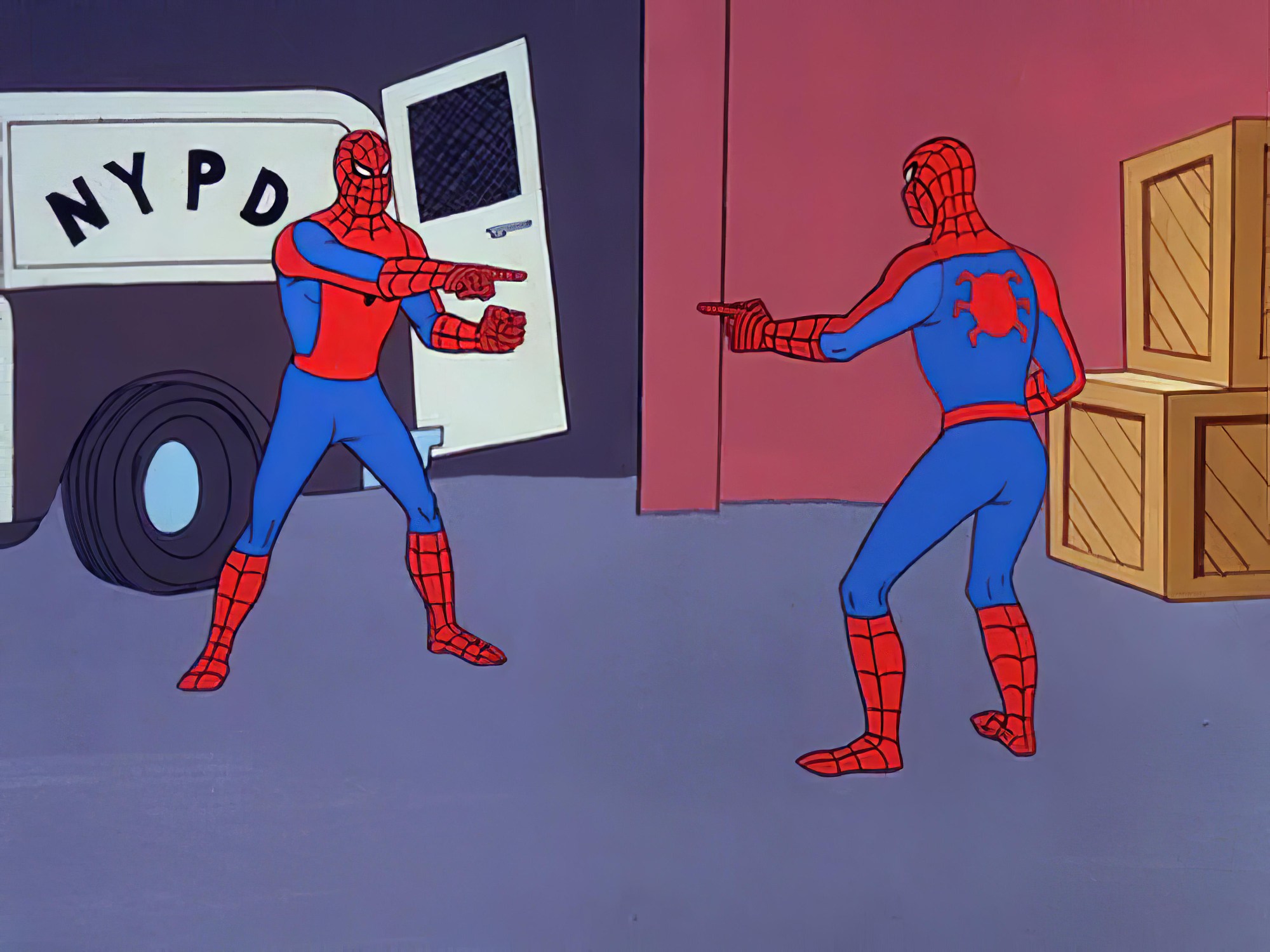After two days of vigils and protests in which London’s Metropolitan Police exacerbated an already fraught, grief-stricken situation with a disproportionate and aggressive response, you might assume that there is nowhere to go but up. But you would be wrong. Following the outcry over the murder of Sarah Everard, for which a serving Met officer has been charged, the police want to make women feel safer… by placing undercover police officers in bars and nightclubs.
In an extremely ‘disappointed but not at all surprised’ turn of events, today Downing Street announced extensions of “Project Vigilant”, a scheme originally launched in 2019 by Thames Valley Police, to improve security for women. As part of that extension, they’ve announced a nationwide pilot scheme of patrols to “identify predators and suspicious offenders”, The Times reports. In a plan that sounds like it was thrown together from the dregs of another hopeless police policy — stop and search — the programme will involve undercover plain clothes officers attending clubs and bars across the UK, as well as an increased police presence at closing time.
In fairness, some aspects of the project announced by the government are far more sensible than the plan to put secret cops in clubs. For instance, there is to be almost twice as much money (around £45 million) allocated to the Safer Streets fund, which provides measures such as better lighting and CCTV, and a renewed commitment to working with police and crime commissioners to focus on preventing sexual violence against women walking through parks or travelling home at night. These all make sense in theory, but coupled with the more sinister aspects of Project Vigilant, as well as a push towards a Police Crackdown Bill which would give the police force more power to ban protests and enable more violence against the vulnerable, what they could mean in practice is simply decreased accountability and even less trust in the system.
It isn’t simply a lack of police presence in areas where women are vulnerable to male violence that makes us unsafe. Instead its institutional misogyny, both within the police and engrained in our society, and a lack of commitment to systematically eradicating that misogyny. At a time when trust in the police is at an all time low, perhaps a better use of time, money and resources would be spent addressing that systemic misogyny, and not simply sending more plain clothes cops to clubs, when they do eventually reopen.
